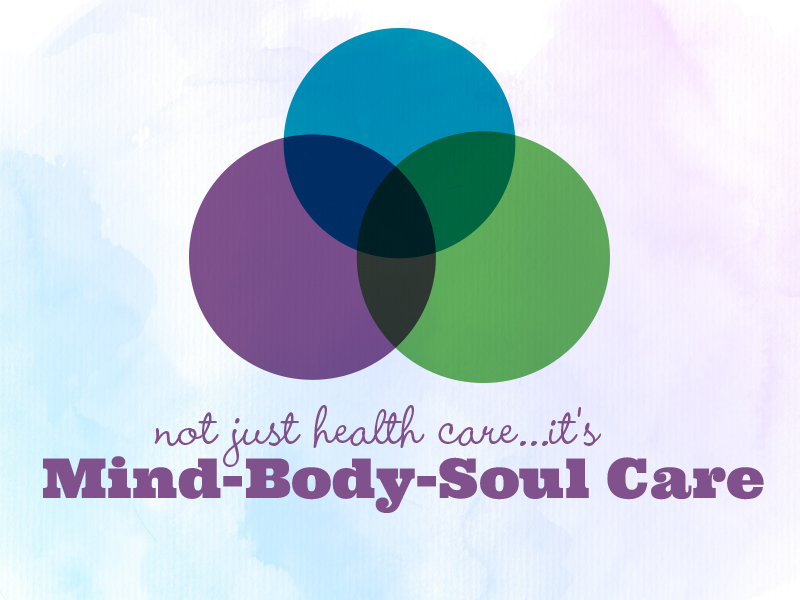Isolation hurts our health, and loneliness decreases our lifespan, according to a 2010 University of Chicago study. Socially-engaged people are more resilient, and it’s why care for the aging population has become more holistic. It’s about more than just fixing problems that come with age—there’s a strong component of keeping the mind, body and soul strong.
Home Care Assistance is a company that follows a “Balanced Care Method” based on research about longevity in Japan. In addition to a healthy diet and physical activity, it lists “sharp minds,” “social ties” and “calmness and purpose.”
Andy Grimm, owner of three Home Care Assistance franchises in Virginia, says, “Our assessment is not only activities of daily living. It’s also ‘Do you have something to look forward to when you get up every day?’”
Social Engagement
Part of remaining social engaged is finding interesting activities to do, ideally with other people. Outings like visiting the farmers’ market, learning a new language or taking an art class can engage the brain and be emotionally satisfying.
“We had a client, a woman who was homebound and depressed –and we found she’d been a master’s level bridge player, one of the best in the world. But she’d stopped because she had Alzheimer’s and couldn’t remember to go to games or the names of people there. We told her, ‘we’ll set up appointments and a caregiver will help you remember names.’ So we overcame some of the objections, and her executive function was still intact. We found she can still beat anyone at bridge!” Grimm says.
Mental Stimulation
Kathy Menefee, executive director of Riverside PACE, with seven locations in Virginia, notes that each day center offers a wide range of activities meeting different needs.
“Most of our participants come in for the socialization. It’s lonely at home and they want to be more active. That’s why we give them lots of options,” she says.
At the Hampton PACE, a group is participating in UVA’s free online course about Thomas Jefferson, learning about history and discussing it. Creating memory books with stories and photos to share with loved ones is another mind-focusing activity. Menefee says staff often plays favorite music to help stimulate memories. “It’s surprising what type of emotions or memories come up for people when you play songs from the Big Band era or Motown,” she says.
Spiritual Connection
Spirituality often emerges as an important concern as people age, whether or not they were active in a religious community earlier in their life.
“It’s a natural phenomenon, in the later stages of life, for people to be thinking about spiritual matters,” says Grimm. He said that even people who were active in their places of worship become embarrassed to go due to mobility issues, or needing a ride to attend events.
At Riverside PACE centers, they each have full-time chaplains as part of the care team.
“At our Richmond center one day, the chaplain hosted a non-denominational Christian service in our center, went to the home of a participant in the end stages of life to play Buddhist chants for him, and led a service at home with a Jewish family,” she says.
Even though much of the later years of life are focused on the body, it’s clear that everyone needs purpose, social interaction and connection: mind, body and soul.


